As the world faces growing climate changes, people are becoming more mindful of their impact on the environment. There has been a noticeable shift in their lifestyle preferences, which is evident in their choices of where and how they live. Today, most homebuyers look for homes with more eco-friendly features, consume less energy, leave less carbon footprint, and incorporate green technologies. This phenomenon of adopting more sustainable living has changed the face of the real estate market because developers are increasingly adopting eco-friendly practices and embracing broader approaches to sustainability.
Sustainable real estate development is on rise
A joint report by Resurgent India and NAREDCO reveals the green buildings market in India is anticipated to rise significantly, contributing USD 39 billion (Rs. 3.2 lakh crore) by 2025. This trend highlights the growing emphasis on sustainable construction, with green buildings becoming a larger share of new developments.
Dr. Gautam Kanodia, Founder of Kanodia Group and Kanodia Cement, says, “The surge in demand for sustainable living spaces indicates a huge societal shift towards eco-consciousness. Today, buyers are mindful of carbon footprints and embrace an eco-conscious lifestyle. Hence, the real estate sector is witnessing increased adoption of sustainable practices to create future-proof, sustainable communities. Backed by agility and innovation, the dynamic landscape of the luxury homes segment is constantly evolving with new trends leading sustainable luxury living.”
In addition, Green Certifications such as LEED (Leadership in Energy and Environmental Design) and BREEAM (Building Research Establishment Environmental Assessment Method) have gained prominence in the industry. They ensure that buildings are designed, constructed, and operated in a responsible and resource-efficient manner.
Harsh Gupta, CEO of Sundream says, “Green certifications are becoming increasingly important for eco-conscious buyers, as they reflect a developer’s commitment to sustainability. These certifications assure customers that the project is built with minimal environmental impact. Backed by green certifications, real estate projects are ensuring a better quality of life for residents and occupants of commercial space. As developers, we align our projects with the ever-growing need for sustainability, focusing on ecological designs, solutions with energy efficiency, and waste reduction.”
According to Savills report “Sustainable Real Estate: Strategies and Practices”, in India, over 7,000 IGBC green-certified projects account for an estimated total built-up area of 1,370 million sq. ft. across various states. The data highlights the industry’s commitment to reducing environmental impact and advancing sustainability in the sector.
Ashwani Kumari, Pyramid Infratech, adds, “Homebuyers take sustainability as the core value and the real estate sector responds to this demand with the healthy supply of green living space. When developers adopt sustainability in their projects, real estate transforms from the construction of something physical into building an eco-friendly community. These factors appeal to a wider population, thereby increasing the demand and property values. Thus, as buyers become more conscious, we look forward to catering to a more sustainable future.”
Green construction goes beyond environmental sustainability to economic savings and enhanced well-being. It further reduces energy costs by 20-30% and water consumption by 30-50%, respectively. Thus, with a sustainable approach, developers in the NCR region redefine urban living and create new parameters for green spaces. Prominent developers like Prateek Group recognize the importance of eco-friendly practices like RO water construction for solid foundations and integrate them into every project. With such a broader vision of creating a sustainable community, the group is gearing up to launch its premium luxury project. The upcoming project is likely to be built with a commitment toward environment-conscious practices along with the vision of sustainably built homes.
Sustainability and green practices have emerged as pivotal factors in the real estate sector. These features not only benefit in fighting global climate challenges but also generate benefits for the investor and buyer.


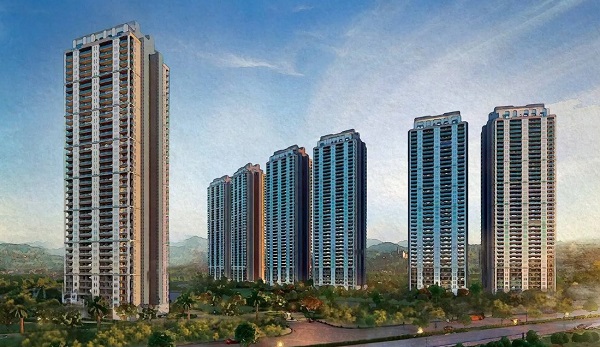
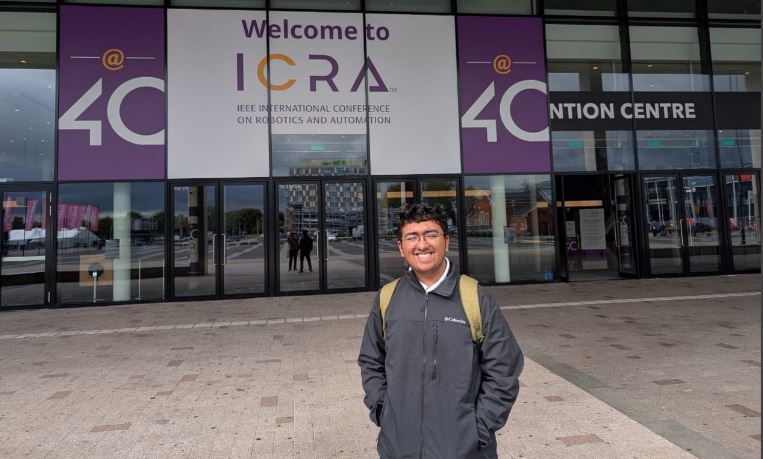

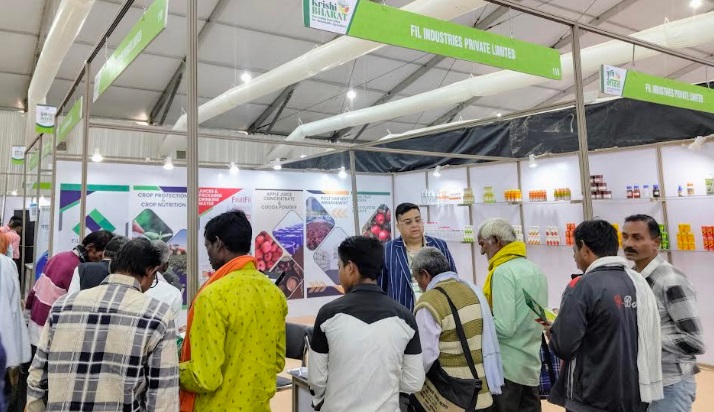




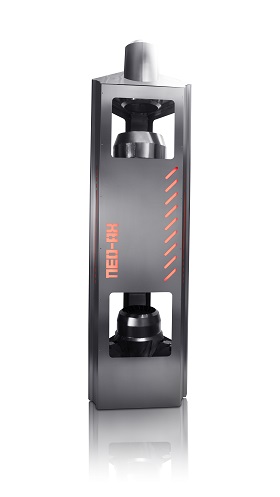

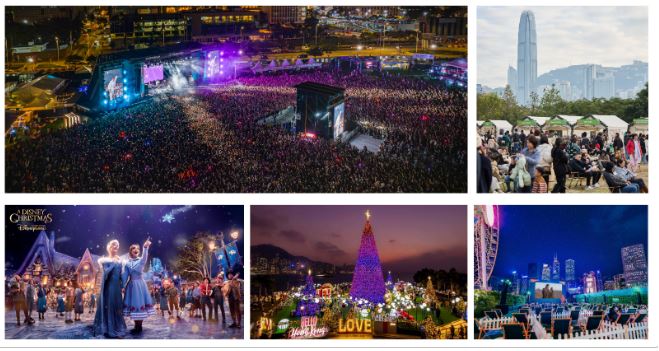




Reader Interactions